Jules César (2011)
Live performance 10 February 2011 at the Palais Garnier. Emmanuelle Haïm conducting Le Concert d'Astrée and les Choeurs de l'Opéra national de Paris. Directed for stage by Laurent Pelly.
Live performance 10 February 2011 at the Palais Garnier. Emmanuelle Haïm conducting Le Concert d'Astrée and les Choeurs de l'Opéra national de Paris. Directed for stage by Laurent Pelly.
 Natalie DessayCleopatra
Natalie DessayCleopatra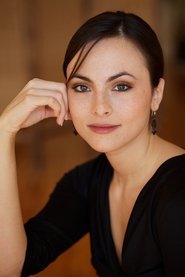 Isabel LeonardSesto
Isabel LeonardSesto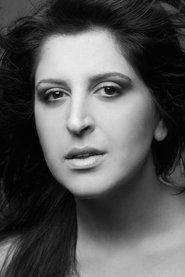 Varduhi AbrahamyanCornelia
Varduhi AbrahamyanCornelia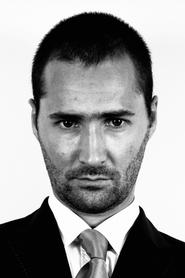 Christophe DumauxTolomeo
Christophe DumauxTolomeoAfter the destruction of Troy, the Trojan warrior Énée sets out on a journey to found a new dynasty. He meets Didon, Queen of Carthage, and falls in love. But will Énée's love for Didon prove stronger than his sense of duty? LES TROYENS ('The Trojans') is a tour de force of music that ranges from fiery military marches to intense choruses, passionate soliloquies – such as those of the prophetess Cassandre – and the lyrical love duets of Didon and Énée. It is Hector Berlioz's largest work and he wrote the libretto himself, drawing upon his intimate knowledge of Virgil's Aeneid. To the composer's disappointment, LES TROYENS was only performed once in full during his lifetime and was often presented in shortened form during the 20th century. The Royal Opera's production provides a rare chance to see this epic work in its entirety. David McVicar's staging is on an enormous scale, assembling one of the largest casts ever seen at Covent Garden.
Live from Glyndebourne 1997
New production. UK professional premiere May 21, 2015. Live from Glyndebourne.
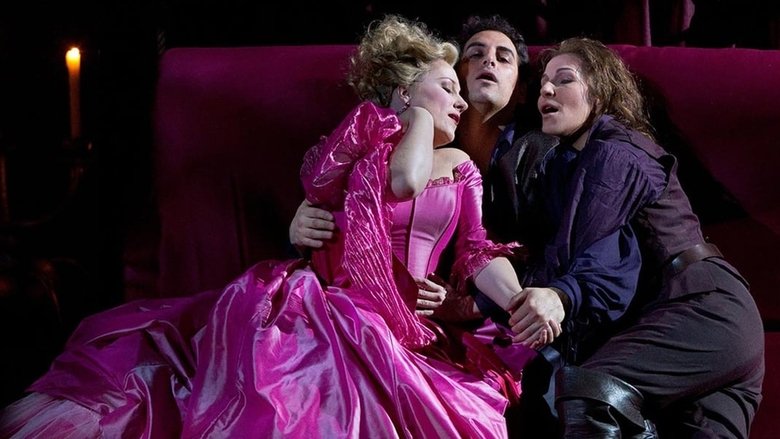
Rossini's "Le Comte Ory" tells the story of a libidinous and cunning nobleman who disguises himself first as a hermit and then as a nun in order to gain access to the virtuous Countess Adele, whose brother is away at the Crusades. The 2011 Met production was directed by Tony Award winner Bartlett Sher, who presented the action as an opera within an opera, updating the action by a few centuries and giving the costume designer, Catherine Zuber, the opportunity to create some particularly extravagant headgear. Juan Diego Florez starred as the title role while Diana Damrau plays Countess Adele, and Joyce DiDonato was in breeches as his pageboy Isolier. Conducted with verve and finesse by Maurizio Benini, the production also features the stylish French baritone Stephane Degout as Ory's bibulous conspirator Raimbaud, charismatic Italian bass Michele Pertusi as the Count's long-suffering Tutor, and, formidable as Adele's housekeeper Ragonde, the Swedish dramatic mezzo Susanne Resmark.
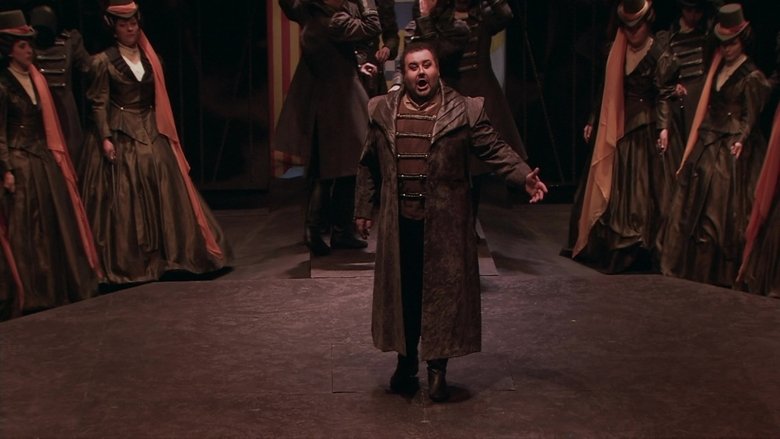
Part of Tutto Verdi series - Oberto (2007) Parma. Oberto was the first of Verdi’s operas to be staged and was heard for the first time at La Scala, Milan, in November 1839. As a young and unknown composer, Verdi was subject to the rules then governing the opera industry in Italy. Even so, there are already many scenes in this early work that reveal unmistakable signs of the composer’s individual style.
Live from Glyndebourne 1987.
Legendary director Hans Neuenfels once again proves his great skill with this interpretation of Mozart’s “Entführung aus dem Serail” (Abduction from the Seraglio). This extraordinary production conducted by Lothar Zagrosek, and with Catherine Naglestad, Kate Ladner and Matthias Klink in the main roles, won the Bavarian Theatre Prize in 1999 and offers a refreshingly new view of one of the most frequently played operas worldwide. Special highlight: Neuenfels places an actor at every singer’s side who not only takes over his role for the spoken original scripts, but also interacts with his singing double and other characters of the piece. In recent decades, directors have sought to revitalise the somewhat naive plot of the “Entführung” with fresh interpretations. Hans Neuenfels, who produced his “first Mozart” here in Stuttgart, retains the story’s naivety and absurdity. He does this in a very stimulating and intelligent way.
Verdi's opera performed by the Metropolitan Opera Orchestra and Chorus, conducted by James Levine.
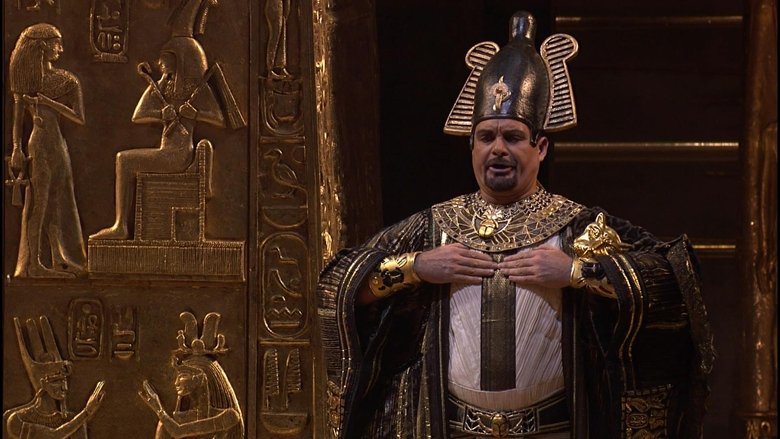
Early recordings of Franco Zeffirelli's 2006 production of Verdi's opera which saw Roberto Alagna's high-profile exit during the second performance. Egypt and Ethiopia are at war. Radames is appointed commander of the Egyptian forces by the King, whose daughter, Amneris, loves Radames. It is in fact Amneris' Ethiopian slave Aida whom Radames loves. Ramades wins the war against the Ethiopians, capturing Aida's father Amonasro in the process. On his return to Egypt he faces a choice between marrying Amneris or betraying his country through his love for Aida.
Live from the Zurich Opera House, 2009.
Live performance from the Festival d'Aix-en-Provence, 23 July 2005.
Live from the Metropolitan Opera, 14 February 1980. This version takes place in Boston rather than Sweden.
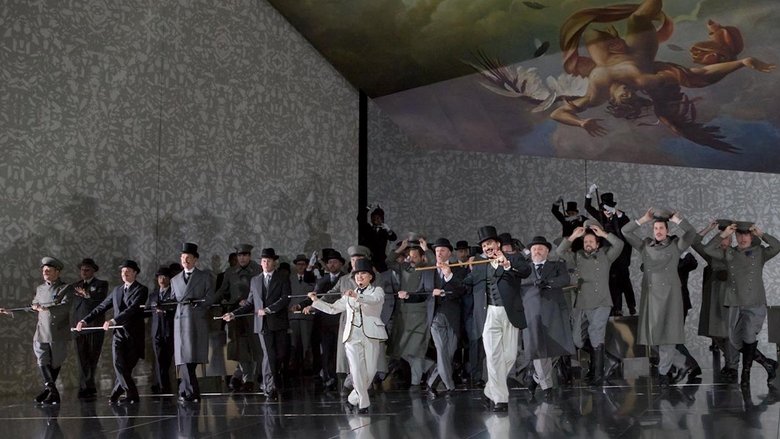
David Alden’s elegant 2012 production moves Verdi’s thrilling drama to a timeless setting inspired by film noir. Marcelo Álvarez is Gustavo III, the Swedish king in love with Amelia (Sondra Radvanovsky), the wife of his best friend and counselor, Count Anckarström (Dmitri Hvorostovsky). When Anckarström joins a conspiracy to murder the king, tragedy ensues. Stephanie Blythe is the fortuneteller Madame Ulrica Arvidsson and Kathleen Kim sings the page Oscar. Met Principal Conductor Fabio Luisi is on the podium.
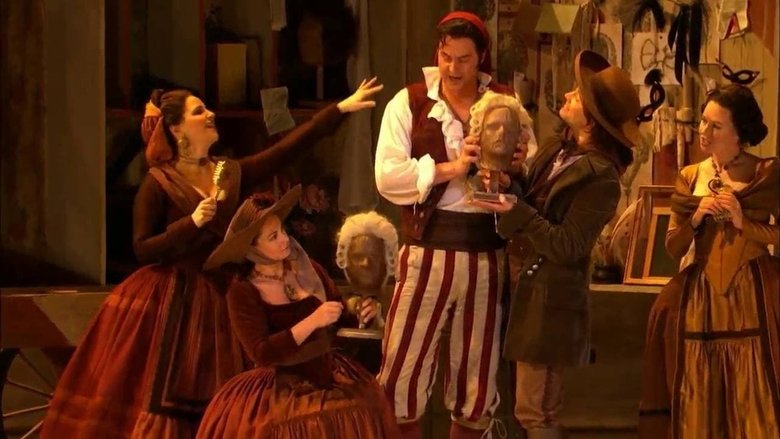
Audiences went wild for Bartlett Sher’s dynamic production, which found fresh and surprising ways to bring Rossini’s effervescent comedy closer to them than ever before. The stellar cast leapt to the challenge with irresistible energy and bravura vocalism. Juan Diego Flórez is Count Almaviva, who fires off showstopping coloratura as he woos Joyce DiDonato’s spirited Rosina—with assistance from Peter Mattei as the one and only Figaro, Seville’s beloved barber and man-about-town.
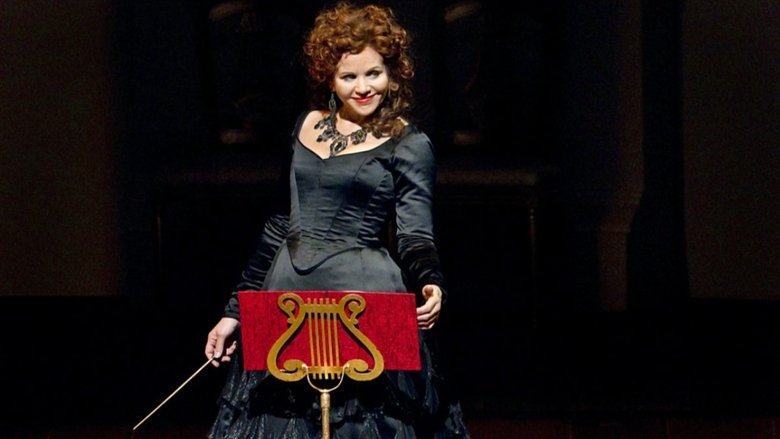
It is a rare opera indeed that calls for one soprano diva and no fewer than six tenors. Mary Zimmerman’s fanciful production of Rossini’s drama, designed by Richard Hudson and with choreography by Graciela Daniele, provides the perfect setting for superstar Renée Fleming’s captivating performance of the title role. A beautiful but evil sorceress in the times of the Crusades, Armida sets out to regain the love of the Frankish knight Rinaldo (Lawrence Brownlee) by putting her magical spells on him. She at first succeeds to draw him into her web of sorcery, but ultimately divine intervention—and his fellow soldiers—free Rinaldo from his enchantment—much to the vengeful fury of Armida and her demons.
Live performance from Teatro La Fenice, 29 Nov. 2013.
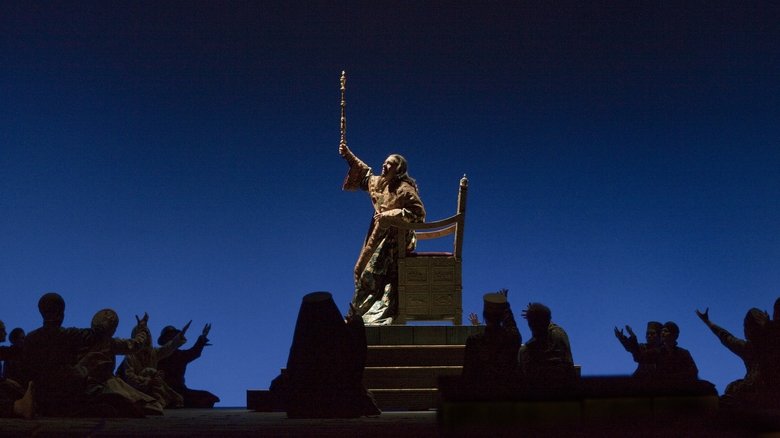
Stephen Wadsworth’s production of Mussorgsky’s epic masterpiece brilliantly captures the suffering and ambition of the Russian people at a critical time in their nation’s history. René Pape is riveting as the Tsar of the title, giving a commanding and charismatic performance of one of the greatest bass roles in the repertoire—his Boris is dominating, tortured, flawed and utterly unforgettable. The extraordinary cast and the Met Orchestra and Chorus are led by Russian maestro Valery Gergiev, the foremost Mussorgsky interpreter of our time.
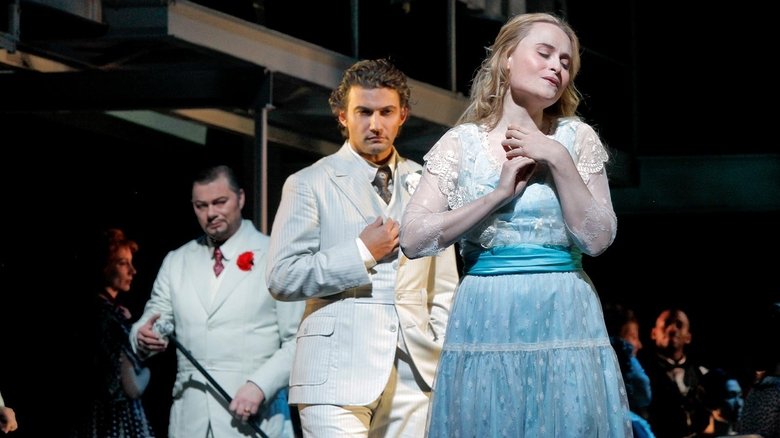
Tenor Jonas Kaufmann is riveting as the title character of Gounod’s popular opera, seen in this Live in HD presentation of Des McAnuff’s thrilling 2011 production that places the mythical and timeless story in an early 20th-century setting. René Pape as Méphistophélès is menacing and elegant in equal measure, and Marina Poplavskaya delivers a searingly intense portrayal of the innocent Marguerite. Russell Braun as her brother, Valentin, shines in his Act II aria. On the podium, Yannick Nézet-Séguin brings out all the lyricism and drama of Gounod’s score.
In the present stylised production by Lorenzo Mariani the 'violet-perfumed murderess' is taken by mezzo-soprano Marianne Cornetti, one of the most in-demand representatives of her vocal category. Opposite her, in the role of Adriana, is a soprano who as a Verdi and verismo specialist also appears regularly at all the major international opera houses, Micaela Carosi. The 'cock-of-the-walk' role is sung by the world-class tenor Marcelo Álvarez. His timbre, velvety smooth yet robustly virile, is ideally suited to a vocal characterisation of the idolised Maurizio. Conductor Renato Palumbo is very much at home with Cilea's operatic masterpiece, since the Italian Romantic and verismo periods are at the core of his extensive repertoire.
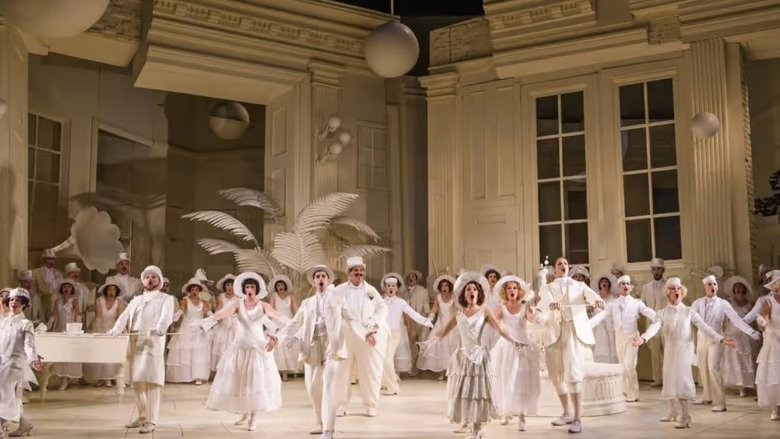
ENO revival of the classic Gilbert and Sullivan operetta as reimagined in a 1930s grand hotel setting with Marx Brothers-inspired humour and Busby Berkeley-style dance numbers